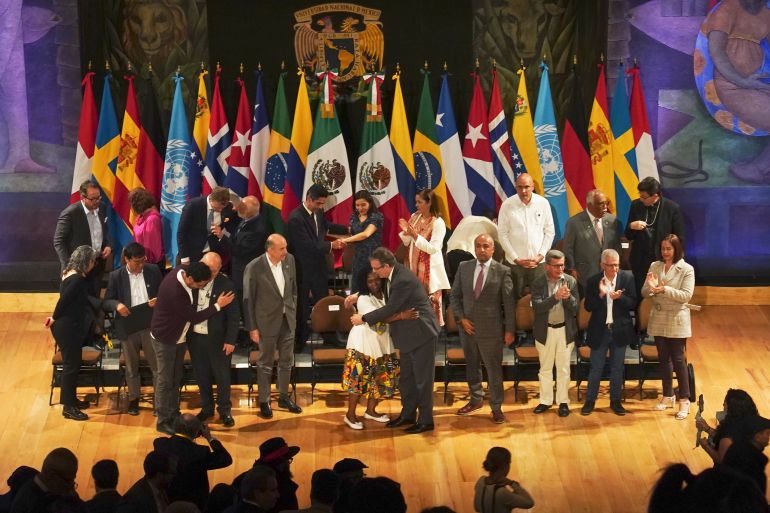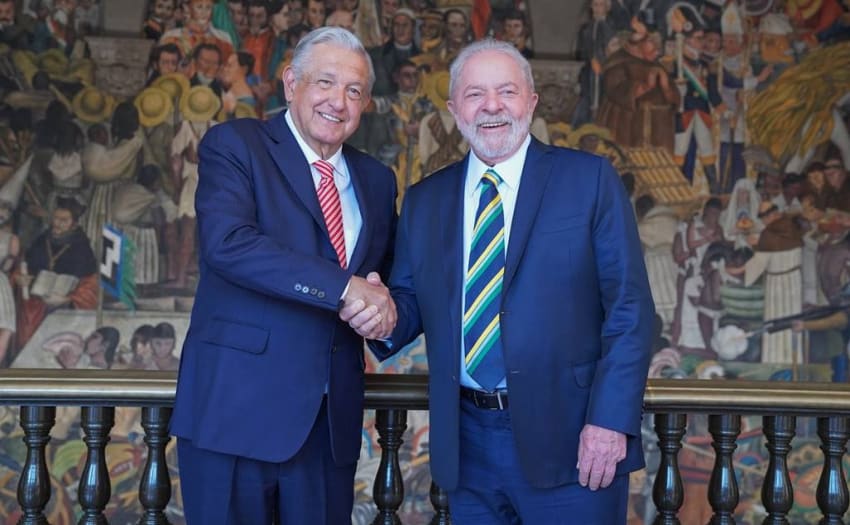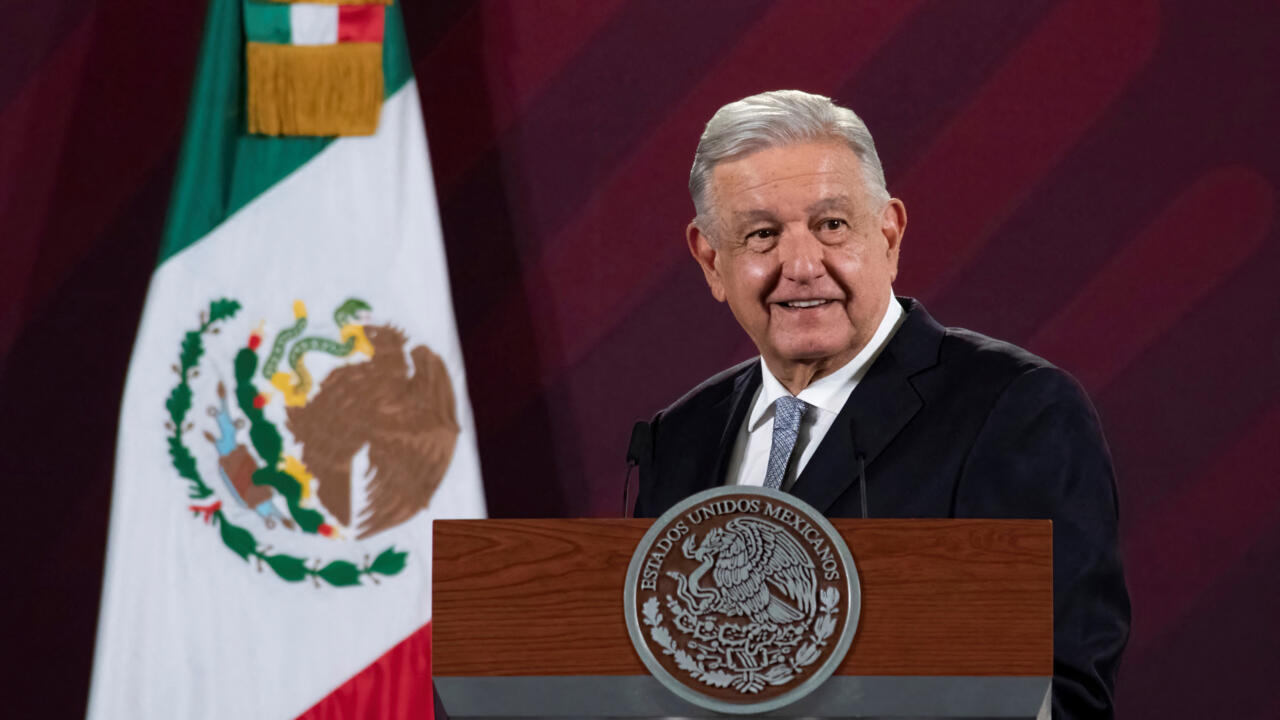Positive Development in Second Round of Colombia-ELN Rebels Peace Talks

Introduction
During a second round of peace talks held in Mexico City, both the Colombian government and the left-wing National Liberation Army (ELN) rebel group have welcomed the progress in their efforts to put an end to decades of armed conflict in the South American country. President Gustavo Petro is engaging in negotiations with armed group in order to reach a complete ceasefire and peace. The President, Petro is the Colombia’s first left-wing leader who is making efforts to bring “total peace” to end six decades of violent conflict that killed almost 450,000 people and devastated the country. The ELN negotiator, Pablo Beltran, said in a statement, “We took the first steps to firm up a bilateral, national and temporary ceasefire which will create better conditions for Colombians’ mobilization and participation in the peace process.” The next round of negotiations, which will take place in Cuba, will focus on securing a ceasefire, according to Otty Patino, the leader of the Colombian side. According to a tweet from Cuban President Miguel Diaz, Cuba was honored to accept the request to host the next round of talks with the ELN. Meanwhile, Norway and Mexico, who have facilitated the talks, applauded the latest advancement. Norway’s foreign affairs ministry welcomed the talks and said “Congratulations to the Colombian government and the ELN guerilla on substantial progress in the peace talks in Mexico, on key topics like participation, humanitarian relief and future cease fire.”
Background
The ELN, was established in 1964 and it is the only largest surviving rebel group in the country. About 2,500 of the ELN’s fighters are still active today and the group has been charged with using kidnapping, illegal mining and drug trafficking to support its operations. In 2017, when Juan Manuel Santos served as president of Ecuador, negotiations with the ELN first began. In 2018, they were taken to Cuba. The talks were halted in 2019 by Ivan Duque, a former President, one day after the group bombed a police academy in Bogota, Colombia, that killed 21 policemen. After three years, the first round of negotiations initiated which took place in Venezuela’s capital in November and December 2022. It was successful and served as a ray of hope in extreme conflict and destabilizing tensions as two sides reached a four points agreement. The violence in the Colombian districts of Choco and Valle del Cauca and the requirement for immediate assistance were highlighted by the two sides in the joint statement. Additionally, there were continued demands for the measures to improve circumstances for prisoners and for the return of indigenous communities i.e. members of the ELN, therefore a partial agreement was announced.
 Petro’s “Total Peace” Plan in Colombia
Petro’s “Total Peace” Plan in Colombia
Total Peace is a policy that seeks to end the nation’s long-standing armed conflict through talks with various armed groups, including the ELN and FARC, which pose the greatest threats to the Colombian government. Since taking office in August 2022, it has remained one of Gustavo Petro’s main priority on political agenda, he wanted to initiate the 2016 FARC peace agreement’s implementation and talks with the ELN and other armed organizations. For achieving “Total Peace” the Petro administration asserted that it will concentrate its strategy on protecting civilians while first attempting to negotiate humanitarian treaties with armed groups. Furthermore, Petro said he would give up the militarized and hardline strategy which is considered as a source of exacerbated conflict and violence in the country by human rights organizations. He has attempted to normalize relations with neighboring country Venezuela as a part of his efforts to strengthen trade ties and deal with border region unrest.
Conclusion
After the first round of peace negotiations between Colombia and ELN, divergent statements emerged as a result, which were held in the Venezuelan capital of Caracas at the end of the previous year. The ELN denied accepting any such deal, stating a ceasefire “was merely a proposal to be considered” as the Colombian government reported a truce had been achieved. Now, there is a hope for peace at the end of the second round of talks as the two sides have already reached an informal ceasefire.

 Latin America’s Inflationary Landscape and the New Anti-Inflation Plan
Latin America’s Inflationary Landscape and the New Anti-Inflation Plan